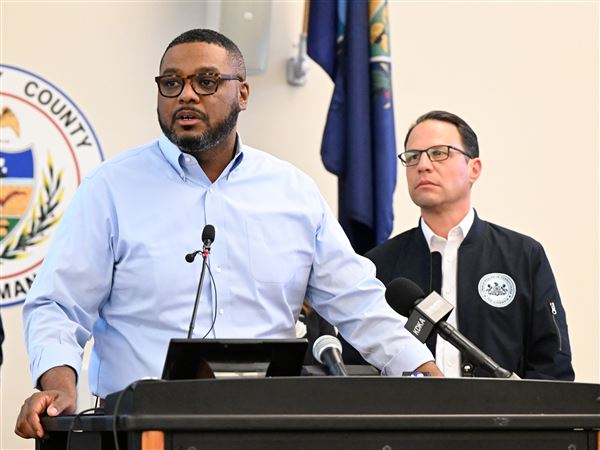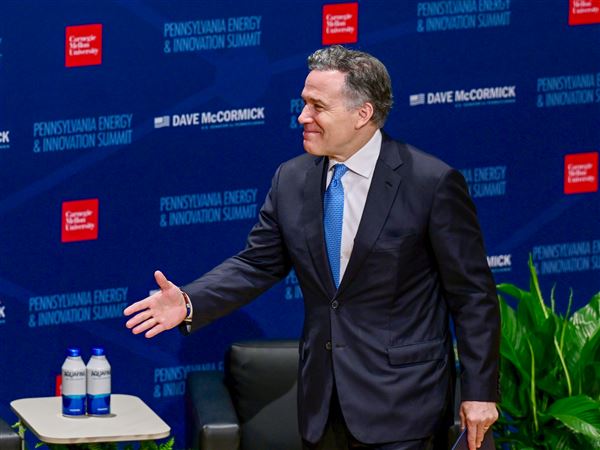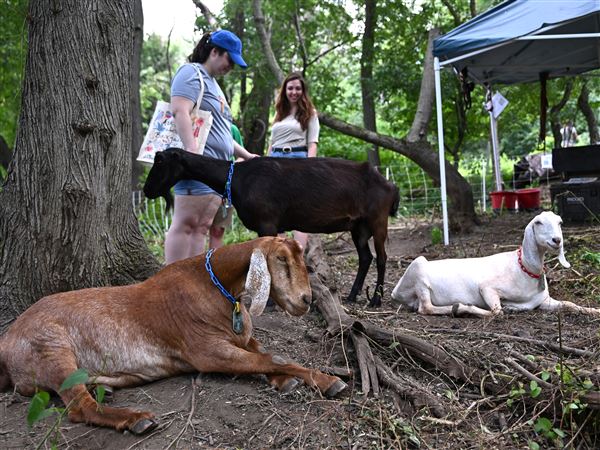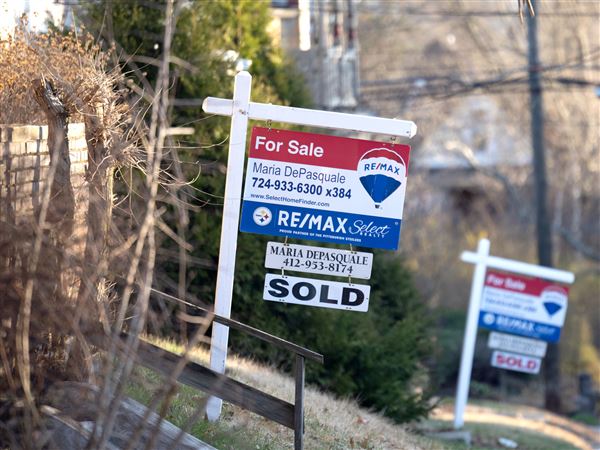Last week, two black men from Nashville, Tenn., announced that they were instigating what they hope will become a major class action suit against Disney-owned ABC and the producers of "The Bachelor" and "The Bachelorette" for racial discrimination.
Nathaniel Claybrooks, a former All-American football player turned entrepreneur, and Christopher Johnson, a community activist and aspiring NFL player, filed suit on behalf of African-Americans, Latinos and Asian-Americans they claim have been disenfranchised by the two shows' lily-white casting.
Their lawyer describes their suit as a "landmark civil rights case that will move social justice and economic equality forward." Please! We're talking about "The Bachelor" here, not Brown v. Board of Education.
Cards on the table: "The Bachelor" and its spinoff are two of the stupidest, most sexually retrograde reality television programs ever. Everything about them from its demeaning cattle call to its stereotypical gender roles is an insult to the human spirit. The fact that blacks aren't involved with the show is, in a perverse way, a victory for civil and human rights. If we "overcome," being on "The Bachelor" shouldn't be the prize we had our eyes set on.
And let's face it, there are still a lot of Americans who aren't ready for a reality TV storyline that could provide the most awkward interracial "romance" since an alien matchmaker on "Star Trek" forced Capt. Kirk and Lt. Uhura to kiss back in the mid-1960s.
Just like in the days of Jim Crow, a strict adherence to an all-white reality by television producers already forced enterprising African-Americans to create a parallel universe showcasing a black version of "The Bachelor." It was called "Flavor of Love," and it starred a clock-wearing buffoon named Flavor Flav. It was a chicken bone-spitting monstrosity that made the sexual humiliation of "The Bachelor" look relatively dignified by comparison.
Mr. Claybrooks and Mr. Johnson mean well, but their self-serving crusade is doomed because it is intrinsically silly. If they were unlucky enough to actually get slots on "The Bachelorette" and were eliminated early because a cheerleader from Alabama wasn't interested in making out with black guys from Tennessee, they would be suing about that, too.
There's no way to force television to approach diversity with anything that resembles integrity. Television campaigns lack the moral clarity of integrating lunch counters in the 1950s. Even if complaining about a hit show's lack of diversity results in a bold casting experiment, it might boil down to nothing more than the addition of a black secretary who never has more than two lines per episode (see "Mad Men").
Two weeks ago, a brilliant show about a quartet of dyspeptic young white women called "Girls" debuted on HBO. The brainchild of 24-year-old auteur Lena Dunham, "Girls" takes place in a minority-free Brooklyn of underemployed white people.
Although it seems like a strange conceit to many, it is theoretically possible even in post-racial America to go one's whole life without significant contact or friendship with folks outside of one's tribe except to pass them on the street. Given the immense racial complexity of New York, however, it would be nearly impossible. New York is not Pittsburgh.
When challenged about the curious whitewashing of Brooklyn's complexities in "Girls," Ms. Dunham -- who created, writes, directs and stars in the show -- said she would fix the absence of "women of color" in the second season if HBO renews it. That might be a mixed blessing, given the show's dark trajectory and heartbreakingly frank sexual politics.
Two episodes in, the world of "Girls" is so specific about its version of white downwardly mobile ennui that it is difficult to imagine how a black girl who isn't equally damaged -- and privileged -- fits in. Still, chances are she'd be relegated to the sidelines, anyway. Television never seems to get enough of sassy black receptionists.
The most popular blacks on television these days can be seen on reruns of "The Wire," so things are not looking good on that front. Meanwhile, all racial minorities are disappearing from prime-time programming. Television is resegregating faster than urban schools.
Malcolm X used to ridicule black Americans for wanting to "integrate into a burning house." At least for this season, television may be a lost cause, or at least one that isn't worth the effort. Maybe a second season of "Girls" will fix that.
First Published: April 24, 2012, 4:00 a.m.
Updated: April 24, 2012, 4:04 a.m.
















